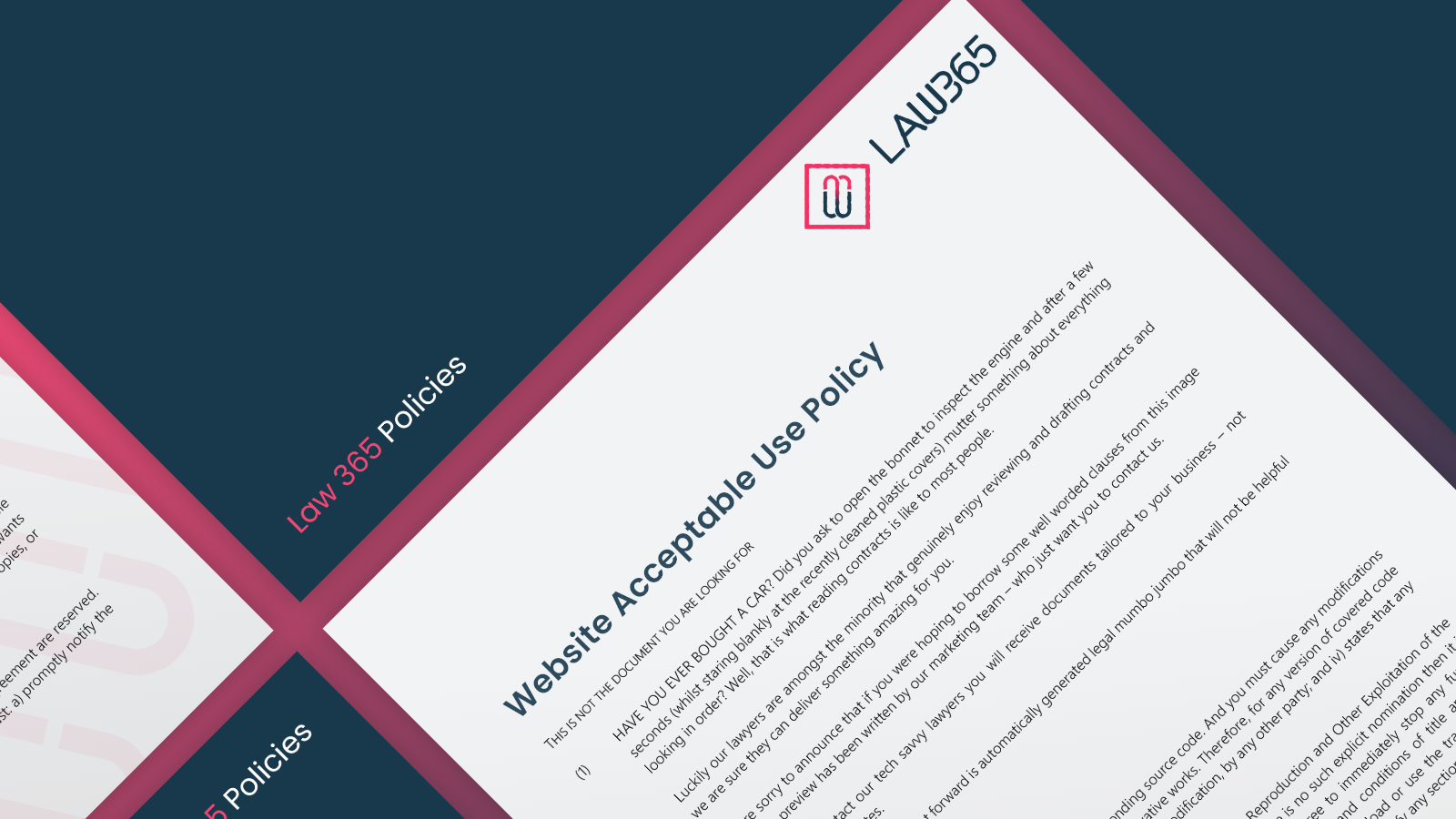
Table of contents
View the contents of a
Key facts
Get the key facts for a
Frequently Asked Questions
A: This all comes down to the Privacy and Electronic Communications Regulations, which places responsibility on website creators to give visitors awareness and control (where possible) of the cookies used on the website, as well as gaining visitor consent.
Some websites mention cookies in their Privacy Policy, however having a dedicated policy is another step to showing compliance to the regulation.
A: Website creators must gain clear visitor consent to use cookies. The most common method used to gain consent is a banner that informs the user that this website uses cookies, you probably see them all the time. Other methods include pop-ups, header bars and message bars.
The important thing to remember about using pop ups is that they must give the user the option to accept or disable cookies that aren’t essential to the functioning of the website. It would not be sufficient for a banner to say, “if you use this website, you accept our cookies”.
A: No. While the Privacy and Electronic Communications Regulations state that browser settings are a valid form of consent, there is no guarantee all visitors would have adjusted setting prior to using a website.
Used by
Contact us
Other documents we can help you with...




